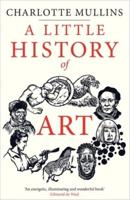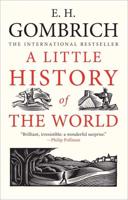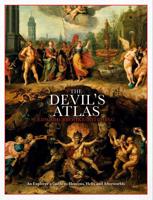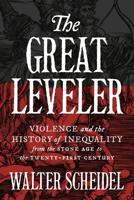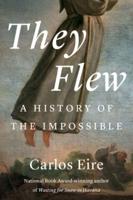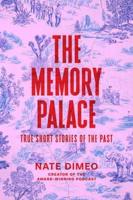Publisher's Synopsis
In his study of the Greek cults of the Roman emperor in Asia minor, Simon Price attempts to discover why the Roman Emperor was treated like a god. He contends that ever since the emergence of Christianity within the Roman Empire the problem has been misinterpreted; a Christianizing distinction between religion and politics has led to the cult being considered simply as a form of political honours. Drawing on anthropology as well as numismatics and archaeology, literary sources and inscriptions, Dr Price offers a fundamentally different perspective. He examines how the Greek cults of the Roman Emperor located the Emperor with their subjection to the external power of Rome. The book falls into two major parts. The first analyses the historical, social and cultural contexts of the Imperial cult, showing that the cult was deeply rooted in the Greek cities. The second focusses on the evocations of the rituals of temples, images and sacrifices. It casts light on the architechural development of Greek Cities, on cult statues in the ancient world and on the vitality and flexibility of the Greek religious system. In his concluding chapter the author draws out some of the general implications of the book; comparative material from Africa and Cambodia help our understanding of the relationship between religious ritual and political power. This book, which assumes no knowledge of Latin or Greek, will appeal to students and teachers of ancient history and archaeology. It will also attract anthropologists, historians and others interested in the interpretation of rituals and in the history of early Christianity.


